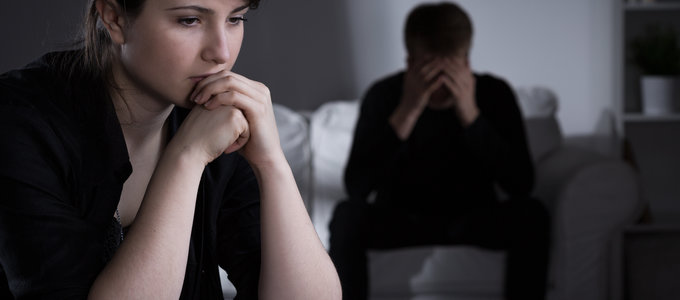World Cup football and a rise in domestic violence

There can be no doubt that football is England’s most popular sport and that the England national football team in a final for the first time in 55 years, for many, is a time of positivity, community, and national pride, but some evidence shows a darker side to these events.
During the last World Cup the National Centre for Domestic Violence ran national awareness campaigns with the striking headline ‘If England gets beaten so will she’ overlaid on the image of a woman’s bloodied face. This was the conclusion of a study published in 2014, which found that reported cases of intimate partner violence increased by 38% when England lost and by 26% when they won or drew in the tournament.
In the UK, the term domestic abuse encompasses a wide range of behavioural patterns, from physical and sexual violence to psychological, emotional, financial abuse, threatening behaviour, stalking and harassment, either within a family or an intimate relationship. It is estimated that 6.2% of adults aged 16 to 59 have experienced domestic abuse in England and Wales.
The link between football and domestic abuse is complex, experts have long pointed to alcohol as an important factor in this relationship. While alcohol may not be the direct cause of violent behaviour, it can act as an aggravating factor.
According to a violent crime report published by the Office for National Statistics, in the year ending March 2018, victims of violent crime in England and Wales believed that their perpetrator was under the influence of alcohol in 39% of cases. Arguments about the amount of television watched, alcohol intake, jealousy due to people spending more time with friends and an increase in money spent can lead to increased tensions.
If you, or someone you know, is worried about or is a victim of domestic abuse please call the ‘Safe to Talk’ helpline on 0800 111 4998 or the 24-hour National Domestic Abuse Helpline on 0808 2000 247.
If you require to protect yourself against domestic abuse by taking out a non-molestation order against your abuser, then please contact our family team. A non-molestation order can protect you against behaviour that by itself may not be a criminal offence, or in situations where the police have responded to a 999 call but then taken the view that there is insufficient evidence to charge your abuser.

Emma Piff, Solicitor
Lawson-West Solicitors, Leicester
Our family team can be reached on 0116 212 1000 Monday to Friday, and you can email Emma Piff, Head of Family, on epiff@lawson-west.co.uk.
View all
